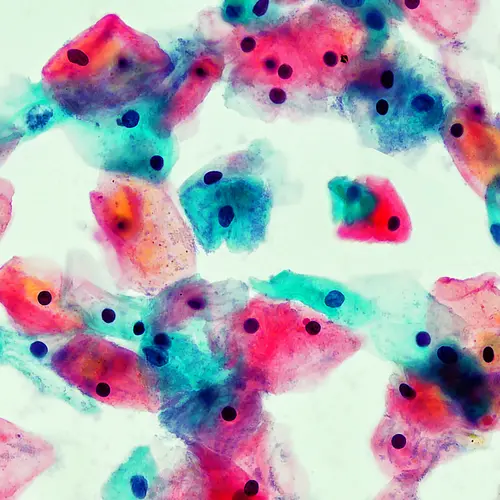You might not feel hungry when you're having chemotherapy, but it’s important you keep eating well. Nutritious food keeps up your strength, fights fatigue, and helps your body heal. Here are 11 healthy tips to think about, even when food is the furthest thing from your mind:
Fight off nausea. It’s tough to eat when even the thought of food makes you sick. Fend off an upset stomach with dry foods like crackers. Eat them first thing in the morning, then every few hours. Sip ginger ale or ginger tea throughout the day. Ginger, lemon, lavender, and peppermint can also help settle your stomach.
Eat your favorite foods. Your appetite, and the foods that appeal to you, can change from day to day. It’s OK to eat high-fat, high-calorie foods you normally try to stay away from, or to eat, say, breakfast foods for dinner. For now, eat what sounds good, when it sounds good.
Try small meals. Many people who get chemo find they have more of an appetite when they eat every few hours. Try having six to eight small meals a day rather than three big ones.
Make it easy. You won’t want to grocery shop or cook on some days. Plan ahead and keep your pantry stocked with easy-to-prepare foods. On days you feel well enough to cook, make extra portions and freeze them for later. Ask friends and family to help you shop and prepare meals, or consider getting your meals delivered.
Sip liquids throughout the day. Staying hydrated helps your body get rid of toxins, but drinking too much at once can make you too full to eat. Try to drink most of your fluids between meals, rather than during. It’s best to make sure you get plenty of water. But if you’re losing weight, you may want to drink high-calorie liquids like fruit nectars, milkshakes, or cream soups.
Pay attention to protein. It helps repair body tissue and keeps your immune system healthy. Snack on peanut or almond butter with fruit. Add chopped or ground nuts to baked goods, salads, or ice cream. Other easy options: cheese and crackers, egg salad, or a bowl of cereal with milk.
Add calories to healthy foods. Your body needs fat to keep up energy stores and move vitamins through your blood. Top salads with avocado or seeds, and add olive oil to rice and pasta or dip your bread into it. Liquid meal replacements can be another good option.
Make mealtimes an event. You tend to eat more when you’re distracted. Eat while you watch TV or listen to music. Or invite a friend over to keep you company during meals. The social support can help you feel better, too.
Get moving. Any physical activity, even if it’s just a short walk around the block, can fuel your appetite.
Keep an open mind. Cancer treatments can change your sense of smell and taste for a while. Maybe you get a bitter, metallic taste with some foods. To solve this, try plastic silverware rather than metal. Choose frozen or fresh vegetables and fruit over canned. Try foods you’ve never eaten before, so you won’t notice if they taste “off.”
Get help from an expert. Ask your doctor about seeing a registered dietitian. They can make an eating plan, suggest vitamins and supplements, and help you deal with side effects.

